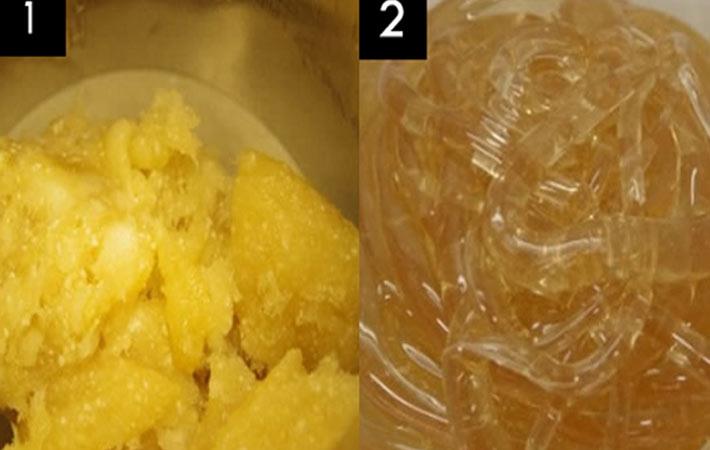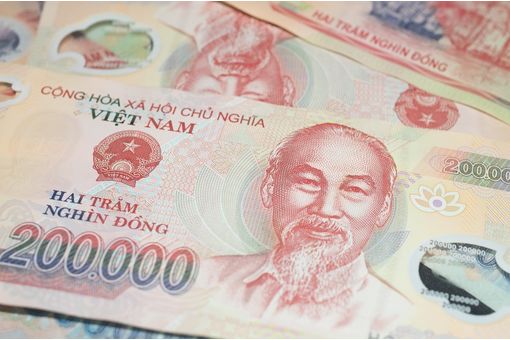Interviews
Finnish scientists find way to upcycle clothes
04 Apr '17
3 min read

Courtesy: ACS
Recycling and even upcycling clothes may soon be possible. This has been shown by scientists in Finland. The development will go a long way in addressing environmental concerns associated with fashion industry. Making and dyeing clothes creates pollution. But, advent of 'fast fashion', clothes which are disposed after use, has worsened the scene.
The project was funded by the European Union's Trash-2-Cash project and the Finnish government.
"People don't want to spend much money on textiles anymore, but poor-quality garments don't last. A small amount might be recycled as cleaning rags, but the rest ends up in landfills, where it degrades and releases carbon dioxide, a major greenhouse gas. Also, there isn't much arable land anymore for cotton fields, as we also have to produce food for a growing population," Simone Haslinger, a doctoral candidate at Aalto University in Finland, explains.
Though some efforts are already underway for recycling, such as take-back programmes, only a small percentage gets recycled. Other initiatives shred used clothing and incorporate the fibres into carpets or other products. But these carpets will also ultimately end up in landfills, according to Haslinger.
A better strategy is to upcycle worn-out garments. "We want to not only recycle garments, but we want to really produce the best possible textiles, so that recycled fibres are even better than native fibres," says Herbert Sixta, who heads the biorefineries research group at Aalto University. But achieving this is not simple because cotton and other fibres are often blended with polyester in fabrics such as 'cotton-polyester blends', which complicates processing.
Previous research had showed that many ionic liquids can dissolve cellulose. But the resulting material could not be re-used to make new fibres.
It was Sixta's team about five years ago which found an ionic liquid - 1,5-diazabicyclo[4.3.0]non-5-ene acetate - that could dissolve cellulose from wood pulp, producing a material that could be spun into fibres. Later testing showed that these fibres were stronger than commercially available viscose and similar to lyocell, also known by the brand name Tencel, a fibre favoured by eco-conscious designers because it is made of wood pulp.
Building on this process, the researchers wanted to see if they could apply the same ionic liquid to cotton-polyester blends. In this case, the different properties of polyester and cellulose worked in their favour, Haslinger says. They were able to dissolve the cotton into a cellulose solution without affecting the polyester.
"I could filter the polyester out after the cotton had dissolved. Then it was possible without any more processing steps to spin fibres out of the cellulose solution, which could then be used to make clothes," Haslinger says.
The team is now testing whether the recovered polyester can also be spun back into usable fibres. In addition, the researchers are working to scale up the whole process and are investigating how to reuse dyes from discarded clothing.
But, after a certain point, commercialising the process does not just require chemical know-how. "We can handle the science, but we might not know what dye was used, for example, because it's not labelled. You can't just feed all the material into the same process. Industry and policymakers have to work on the logistics. With all the rubbish piling up, it is in everyone's best interest to find a solution," Sixta notes. (SV)
Fibre2Fashion News Desk – India
Popular News
Leave your Comments
Editor’s Pick
Jason Kent
British Textile Machinery Association (BTMA)
C Devarajan & P Raajashekar
Texvalley
Pratik Gadia
The Yarn Bazaar - Filosha Infotech Private Limited
Kailash K Lalpuria
Indo Count Industries Limited
































-Ltd..jpg?tr=w-120,h-60,c-at_max,cm-pad_resize,bg-ffffff)





.jpg?tr=w-120,h-60,c-at_max,cm-pad_resize,bg-ffffff)
.jpg?tr=w-120,h-60,c-at_max,cm-pad_resize,bg-ffffff)






